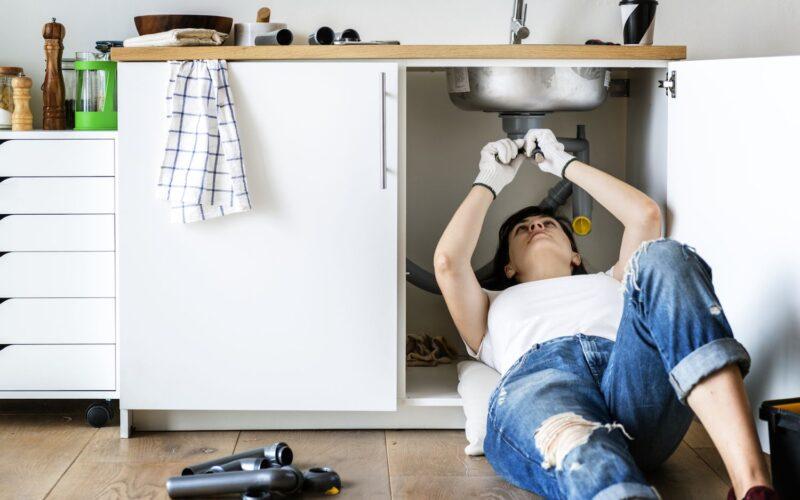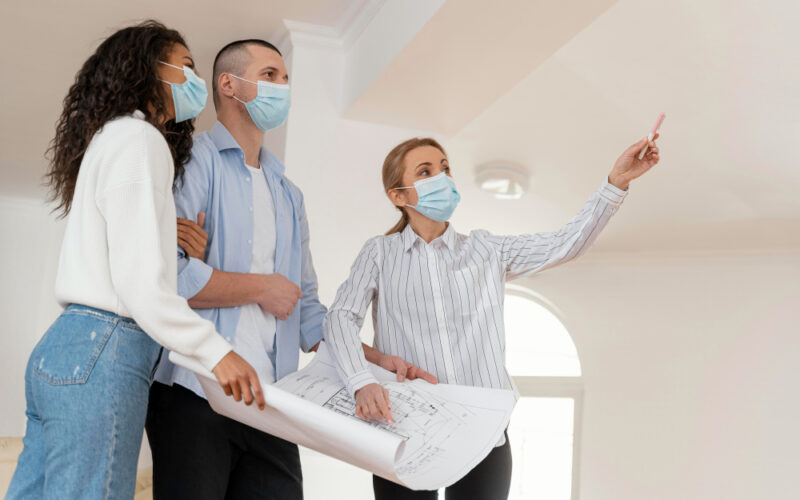
Plumbing is one of the most important systems in your home. It is responsible for carrying water in and out of your home and keeping your family clean and healthy. However, it’s not uncommon for homeowners to overlook the importance of plumbing until there is an issue. In this beginner’s guide, we’ll provide essential tips and tricks for homeowners to ensure that their plumbing system is in good working order.
Understanding Your Plumbing System
Before you can begin maintaining your plumbing system, it’s important to understand how it works. Most homes have two plumbing systems: the supply and drainage systems. The supply system brings clean water into your home, while the drainage system removes wastewater.
The supply system consists of a network of pipes, valves, and fixtures that bring water into your home from the municipal water supply. These pipes can be made of different materials, including copper, PVC, and PEX. It’s important to understand the type of pipes in your home as this can impact the maintenance and repair needs.
The drainage system, on the other hand, consists of a network of pipes, fittings, and traps that remove wastewater from your home. This system relies on gravity to move water from your home and into the municipal sewer system.
Common Plumbing Issues
Plumbing issues can arise at any time, and it’s important to know how to recognize them. Some common plumbing issues include leaks, clogs, and low water pressure. Leaks can occur in pipes, fixtures, or appliances and can cause water damage to your home. Clogs can happen in toilets, sinks, or drains and can be caused by a variety of things, such as hair, grease, or foreign objects. Low water pressure can be caused by several factors, including a clogged faucet aerator or a leak in the supply line.
Tips for Maintaining Your Plumbing System
Regular maintenance is key to ensuring that your plumbing system stays in good working order. Keeping your plumbing system in good shape is easy if you follow these tips:
- Check for leaks: Inspect your pipes, faucets, and appliances for signs of leaks, such as puddles of water or wet spots.
- Keep drains clear: Use drain covers to catch hair and other debris, and avoid pouring grease or oil down the drain.
- Test water pressure: Check the water pressure in your home using a pressure gauge to ensure that it’s within the normal range.
- Insulate pipes: Insulating pipes can help prevent them from freezing in cold weather.
If you’re in need of a professional plumber in the Campsie area to help with your plumbing needs, Plumber Campsie is a reliable choice. As well as plumbing repairs and installations, they provide a range of services.
When to Call a Plumber
While many plumbing issues can be resolved with DIY solutions, there are times when it’s best to call a professional plumber. Here are some situations where it’s best to call in a plumber:
- A major leak: If you have a major leak that is causing water damage to your home, it’s important to call a plumber right away.
- No hot water: If you’re not getting any hot water from your water heater, it’s likely that there’s an issue that needs professional attention.
- Frozen pipes: If your pipes have frozen, it’s essential to call a plumber to prevent them from bursting.
Conclusion
plumbing is an essential part of any home, and it’s important for homeowners to understand how their plumbing system works and how to maintain it. By following the tips and tricks outlined in this beginner’s guide, you can prevent common plumbing issues and keep your plumbing system in good working order. However, if you do encounter a plumbing issue that you’re unable to resolve on your own, don’t hesitate to call a professional plumber like Plumber Campsie. With their expertise and experience, they can quickly diagnose and fix any plumbing problems, ensuring that your home stays safe and comfortable.





